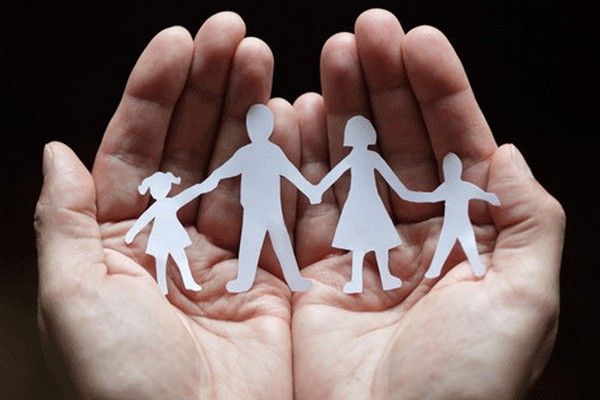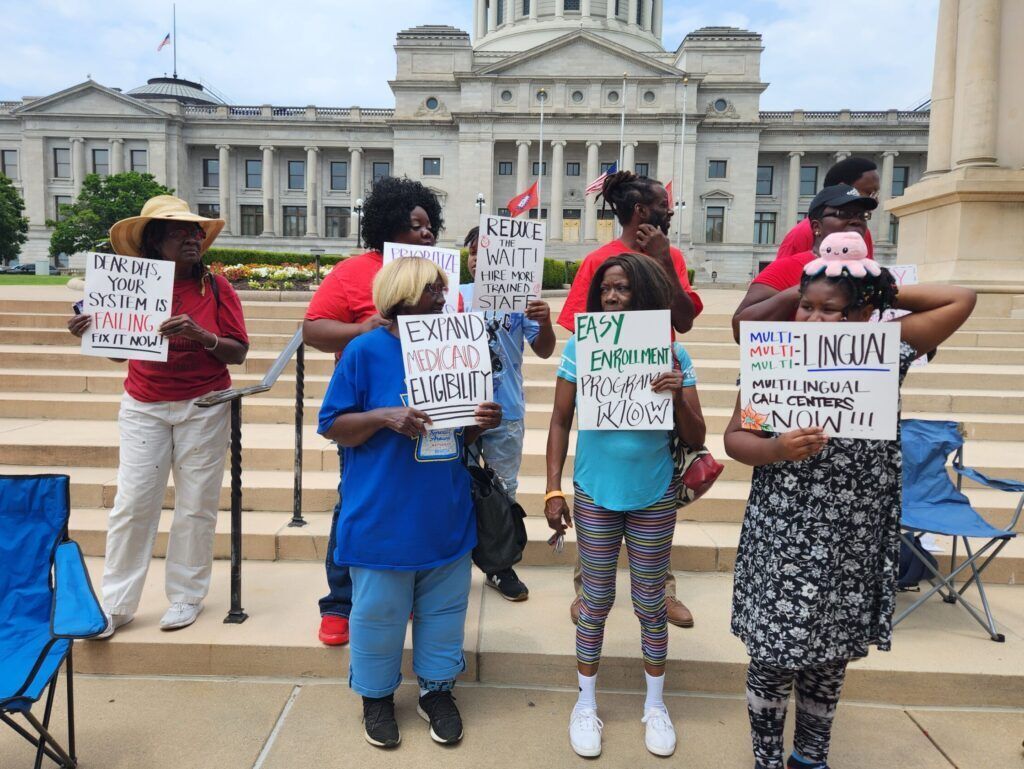
There are many common questions pertaining to guardianship of a minor. Here are some FAQ's on minor guardianship:
1. I’m not a child’s parent and I need to get custody, what do I do?
Custody is a legal order between parents. It sets out who can make decisions about the child’s upbringing and how much time each parent spends with the child. If you are not a parent and need the legal authority to care for a child, and a Power of Attorney isn’t enough, you must file for guardianship.
2. What makes a guardianship different from custody?
Any adult who meets certain criteria may be a guardian. Custody is generally only given to parents.
A judge can order guardianship over anyone who is incapacitated. A person under 18 who hasn’t gone through a removal of disabilities, or emancipation is incapacitated.
In a guardianship case the judge assumes that it is best for children to live with their parents. The proposed guardian must prove that the parents are not fit to have custody and that the guardianship is in the child's best interest.
3. I’ve heard that there are different types of guardianships, what are they?
There are two types of guardianships, guardianship of the person and guardianship of the estate. Guardianship of a minor is usually guardianship over both the person and their estate. A child’s estate could include Social Security benefits or a recovery from a lawsuit.
4. So what are the criteria to be a guardian?
To be a guardian a person must be a resident of Arkansas, 18 or older, of sound mind, and never convicted of a felony, or have had the felony pardoned. Sealing or expunging a criminal record will not make someone eligible to be a guardian.
5. Can two people be a guardian of the same person?
The only way two people may be co-guardians is if they meet the criteria to be a guardian and are married.
6. I’m a parent and want to get rid of a guardianship someone has of my children, what should I do?
Guardianship is court ordered. To end a guardianship you must get a judge to approve the termination. This means you have to file paperwork in court, let the guardian know, and set a date to present your evidence to the judge.
7. What happens after someone asks to end a guardianship?
It depends on what happened in the original case and if the guardian agrees to end the guardianship. If all parties agree that the guardianship isn’t needed, then they can go to court together. At court, they can tell the judge why the guardianship should end.
If the parents and guardian don’t agree to the termination, then they must present evidence to the court. Whether the parent or guardian has the burden of proof depends on what happened in the original guardianship case.
8. What if the parents agreed to the original guardianship, but now want to end the guardianship?
If the parents agreed to the original guardianship, then the guardian must prove that the guardianship is still needed. The court will assume that that the parent agreed to the guardianship because it was necessary at the time. Now that the parents are asking for the guardianship to end the court will assume it is no longer needed. The guardian must prove what they would have had to prove in the original case. The judge’s final decision will be based on what is in the child’s best interest.
9. What if the parents didn’t agree to the guardianship and the judge awarded guardianship anyway?
If the parents opposed the guardianship and the judge ordered guardianship anyway, then the burden of proof shifts to the parents. This means that the parents will have to prove to the court that the reason the judge entered the guardianship no longer exists. In any guardianship termination case the court’s final decision is based on what is in the best interest of the children.
Key words: minor guardianship, child custody, divorce




